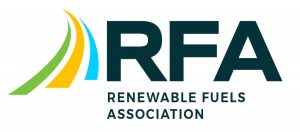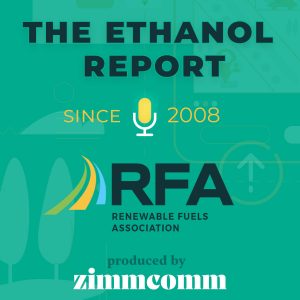 Members of the National Biodiesel Board members met virtually this week to elect new Governing Board leaders, and also met virtually with farm broadcasters to do interviews.
Members of the National Biodiesel Board members met virtually this week to elect new Governing Board leaders, and also met virtually with farm broadcasters to do interviews.
NBB members voted to fill eight board member spots for two-year terms:
Troy Alberts, Ag Processing Inc.
Greg Anderson, Nebraska Soybean Board
Tom Brooks, Western Dubuque Biodiesel, LLC
Tim Keaveney, Lake Erie Biofuels DBA HERO BX
Mike Rath, Darling Ingredients Inc.
Rob Shaffer, American Soybean Association
Robert Stobaugh, Arkansas Soybean Promotion Board
Paul Teta, Kolmar Americas Inc.
NBB members also participated in a virtual fly-in this week, while the organization was also participating in the National Association of Farm Broadcasting Trade Talk. Here are interviews with NBB Board member Greg Anderson, Feedstock advisor Alan Weber, and Vice President of Federal Affairs Kurt Kovarik, a Washington insider for many years who offers his perspective on the election aftermath.
2020 NAFB Interview with Greg Anderson, NBB (7:48)2020 NAFB Interview with Alan Weber, NBB (6:17)
2020 NAFB Interview with Kurt Kovarik, NBB (15:42)


 There was more than enough bad news for the ethanol industry to go around this year, but there was still some good news as well.
There was more than enough bad news for the ethanol industry to go around this year, but there was still some good news as well. The
The  The
The  The president and CEO of
The president and CEO of  Biodiesel is ready now to meet the goals of the Agriculture Innovation Agenda. That was the
Biodiesel is ready now to meet the goals of the Agriculture Innovation Agenda. That was the  The November
The November 
